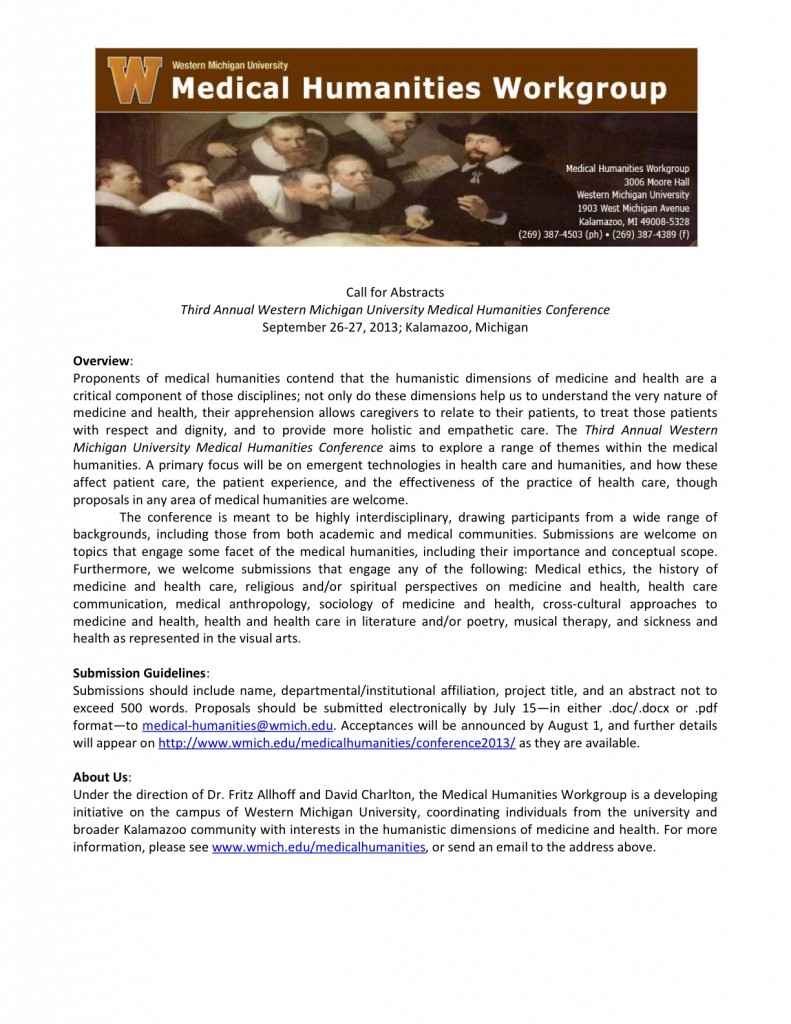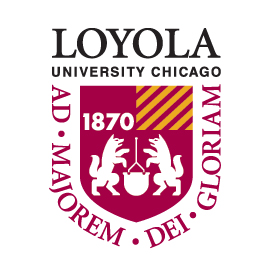The New York German Idealism Workshop
a joint undertaking of the Philosophy departments of
Columbia University and New School for Social Research presents a Conference on
Naturalism in German Idealism
October 25-26 2013
Invited speakers:
Robert Brandom (University of Pittsburg), Eckart Förster (Johns Hopkins University),
Terry Pinkard (Georgetown University), Rachel Zuckert (Northwestern University)
We invite submission of high quality papers from dissertation phase PhD students to the ‘Naturalism in German Idealism’ Conference.
Questions concerning Naturalism hover over much of contemporary philosophy. To what degree does responsible epistemic and ethical enquiry presuppose Naturalism? On what basis might we commit to a world lacking supernatural entities or features? To what extent is our world discoverable through systematic empirical enquiry? How do we understand second nature as falling within a Naturalist picture? Naturalism has become a hallmark of a reasonable and rational philosophical view, and yet articulating a clear and substantive notion of Naturalism remains both a difficult and highly controversial affair.
Equally contested is the relation between German Idealism and such contemporary commitments to Naturalism. Thinkers ranging from Kant, Fichte and Hegel, to romanticists such as Schelling, Hölderlin, Schlegel, were concerned to articulate our place in the world, developing and critiquing accounts of the individual, scientific enquiry and the nature of systematic philosophy. But what is far from clear is whether these philosophers articulated their views in a way consistent with contemporary commitments to Naturalism. Or rather: do their own projects expand and deepen contemporary thinking about these issues? Do we dilute what is radical and challenging in these views, when we take them to be committed to a naturalistic project? Do they help us understand Naturalism in a way that takes us beyond scientism? Or help us negotiate the relationship between the space of laws and the space of reasons, between the commitments of science and normative engagement in the world?
We welcome submissions that explore such questions, or more generally deal with the relationship between German Idealism, broadly construed, and Naturalism. Papers may concern the commitments of a specific figure in the tradition, or treat the topic more generally. We also welcome papers that consider the work of more contemporary philosophers, such as Pierce, Dewey, McDowell, Brandom, insofar as they concern themselves with these broader themes.
Submissions should be suitable for blind refereeing and consist in:
• An extended abstract of 500-750 words (in .doc, .docx, or .pdf format).
• A paper of 3500-4000 words, suitable for a 30 minute talk.
• A separate cover sheet including name, title of paper, affiliation, email address and contact details.
Submissions should be sent to nygiw.naturalism@gmail.com no later than June 15, 2013. Notification of acceptance will be sent in mid July. Further details, including a provisional program, will be posted as they become available. Please check our website for updates: https://www.facebook.com/nygermanidealism.
If you have any questions, please contact the workshop organizers at nygiw.naturalism@gmail.com.


